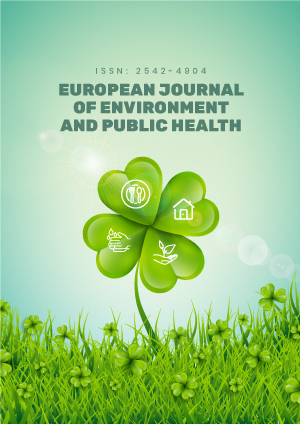Abstract
Nigeria, the giant of Africa, is a West African country with a total land area of 910,770 square kilometers and a population of 198,778,607 people. She is made up of diverse people based on ethnic group, language, religion, etc. The diversities present in the country, however, have been a major cause of conflicts. Conflict in Nigeria has resulted in the death, displacement, sexual violations, injuries, disabilities among others, of the population affected. Zones commonly affected in Nigeria are the north east (due to Boko Haram insurgency), north central(territorial dispute between nomadic farmers and the community dwellers compounded by ethno-religious issues) and south south (high unemployment rate despite the presence of a mineral resource [petroleum] and ecological degradation due to oil spillage) geopolitical zones. Children, victims of sexual violence, families that lost their loved ones, refugees and internally displaced people are the main victims of mental illness in conflicting regions in Nigeria. Individuals affected by conflict could present with varying mental health conditions such as post-traumatic stress disorders (PTSD), anxiety disorder, depression, substance misuse, psychosis, anti-social behaviours, somatic symptoms such as headaches, non-specific pains or discomfort in torso and limbs, dizziness, weakness, and fatigue, etc. This study presented the mental health status of the individuals in these conflict zones. Authors appeal that their recommendations be applied to reduce the burden of mental illness in the conflict zones in Nigeria.
Keywords
License
This is an open access article distributed under the Creative Commons Attribution License which permits unrestricted use, distribution, and reproduction in any medium, provided the original work is properly cited.
Article Type: Research Article
EUR J ENV PUBLIC HLT, Volume 4, Issue 1, 2020, Article No: em0038
https://doi.org/10.29333/ejeph/7806
Publication date: 22 Feb 2020
Article Views: 5814
Article Downloads: 4161
Open Access References How to cite this article
 Full Text (PDF)
Full Text (PDF)